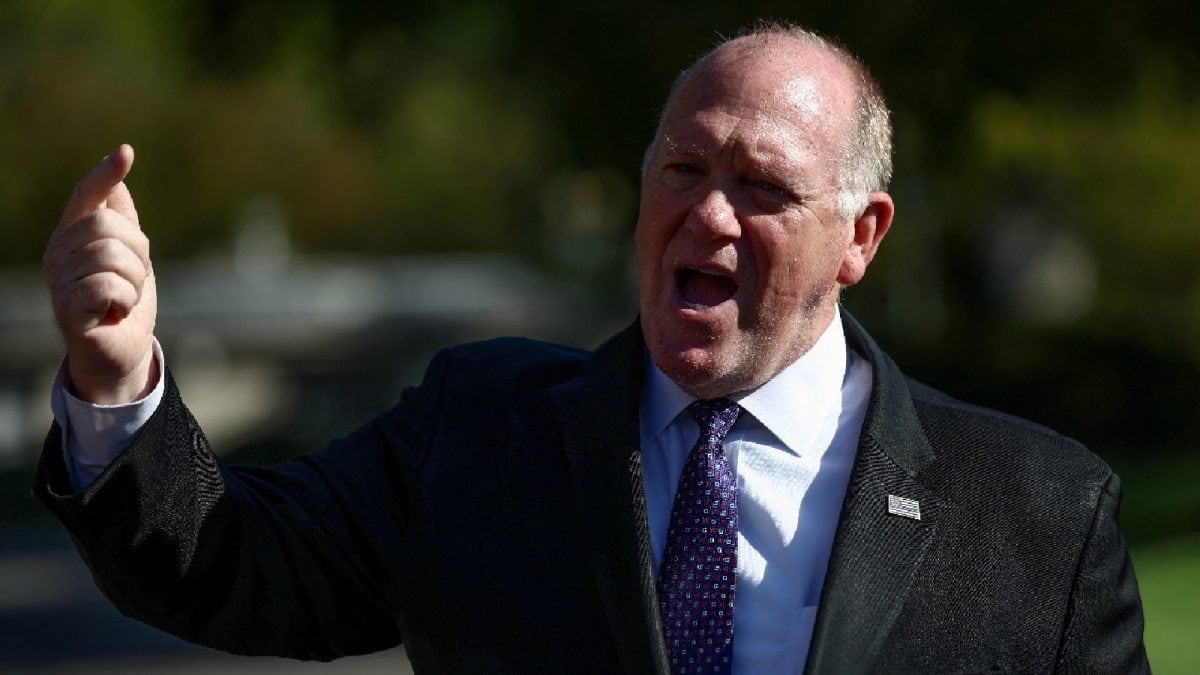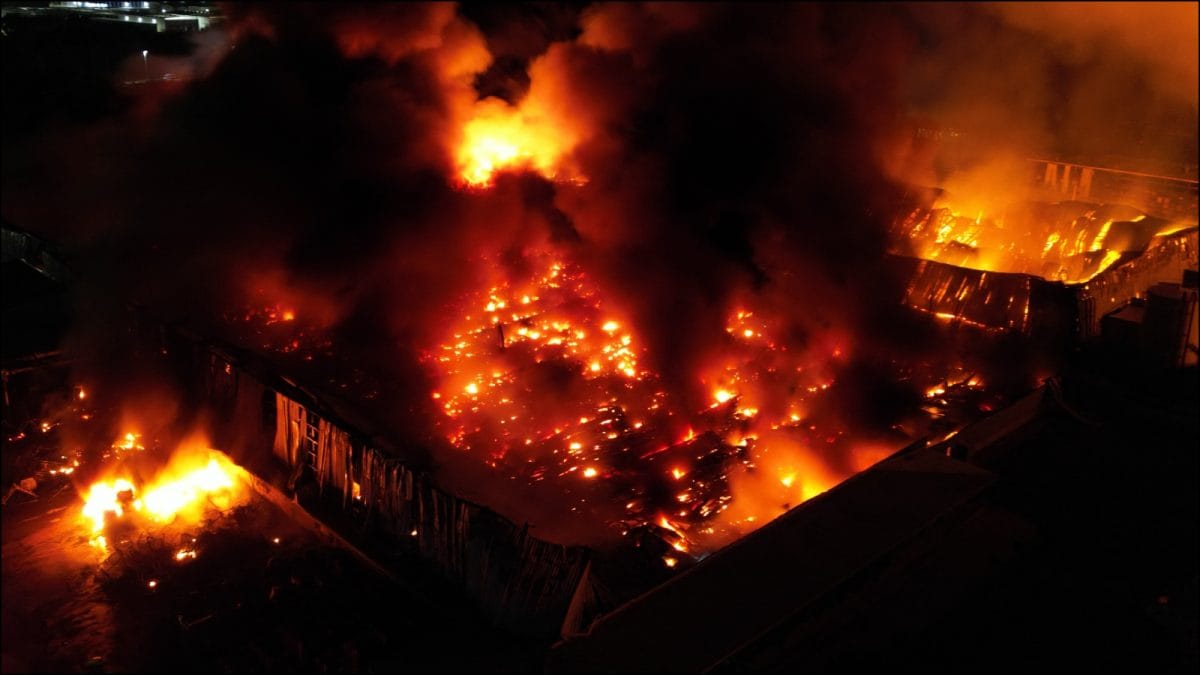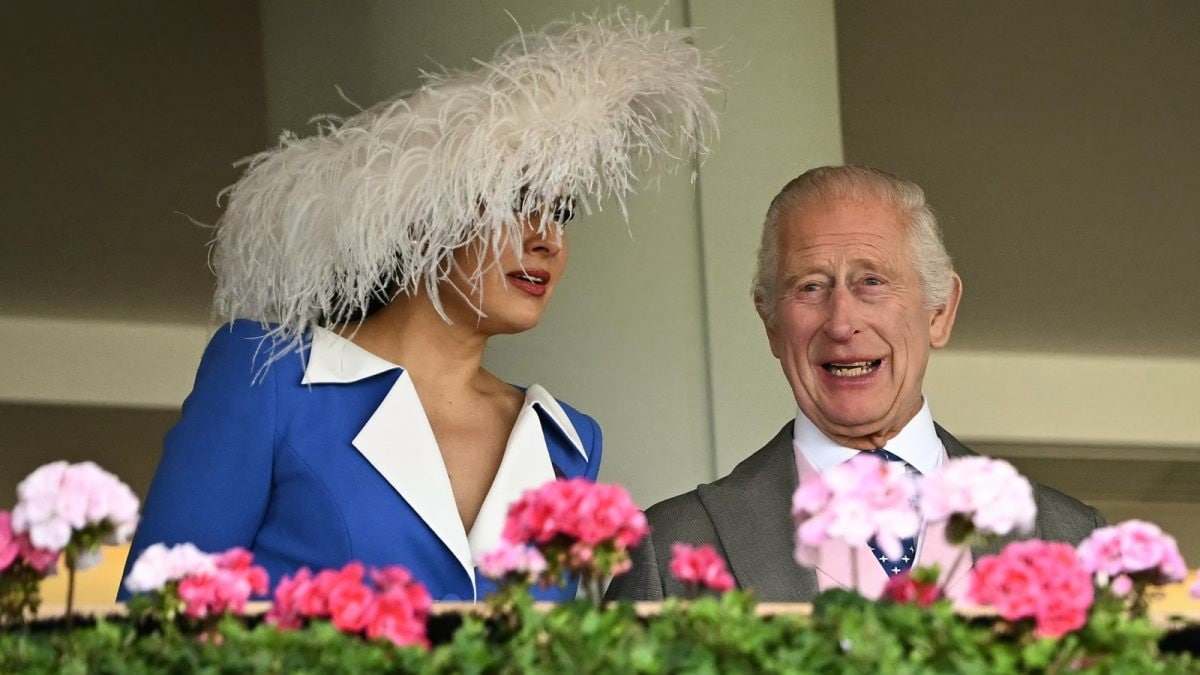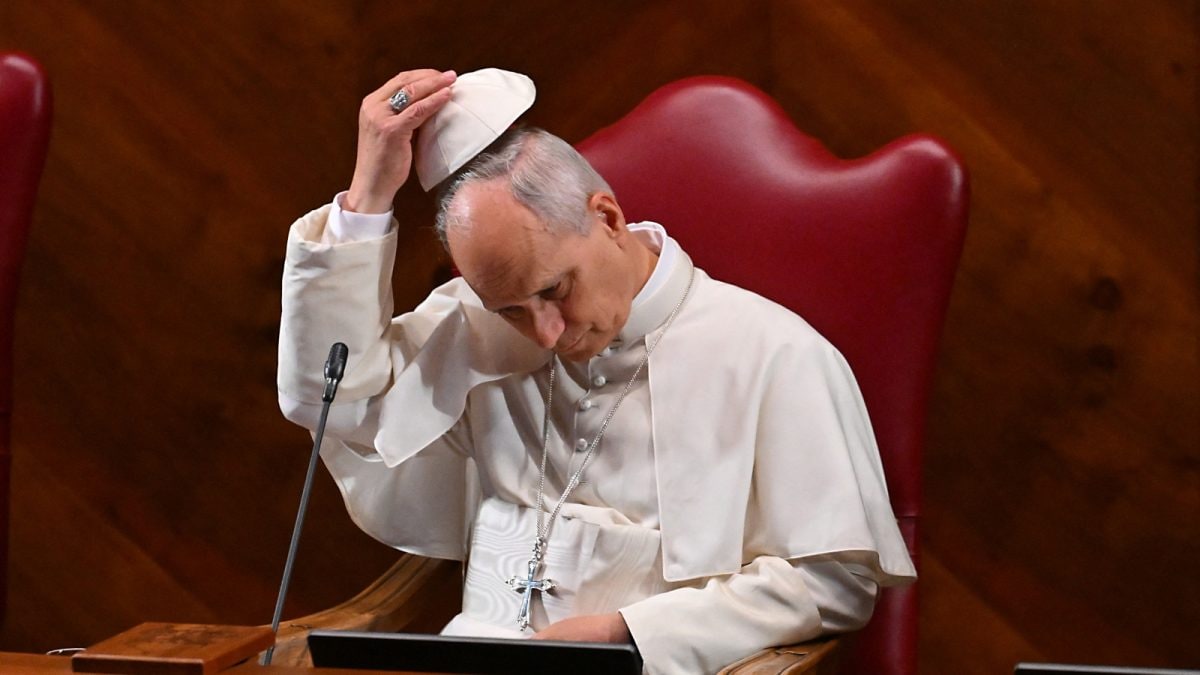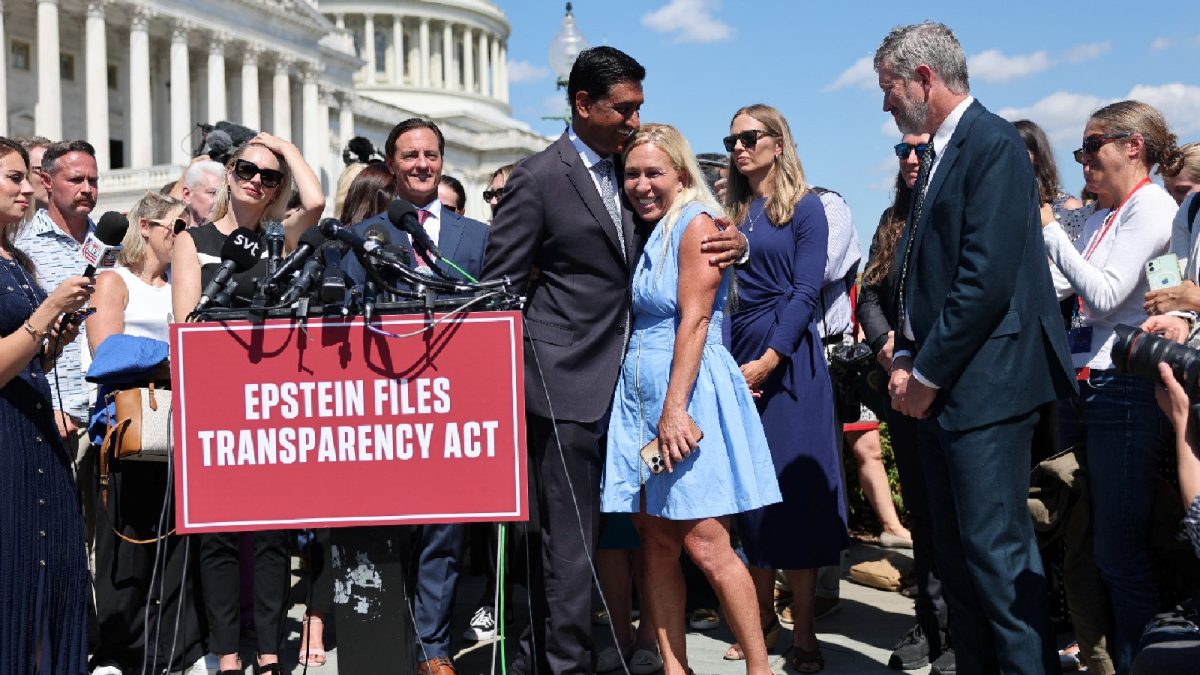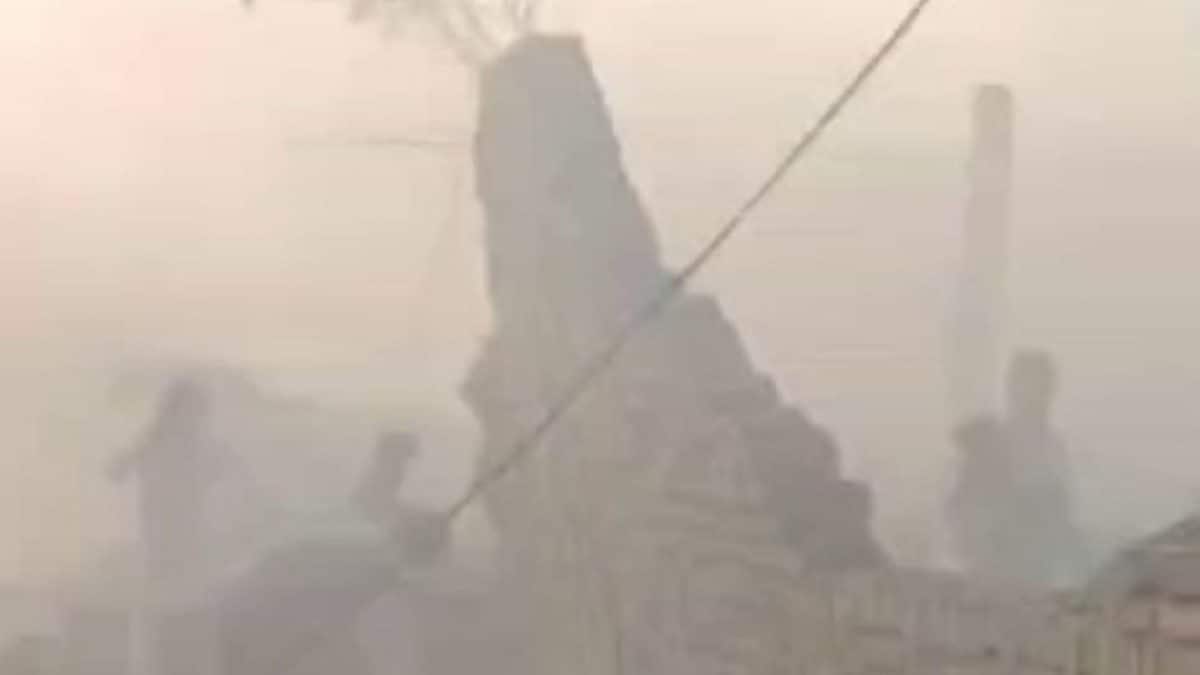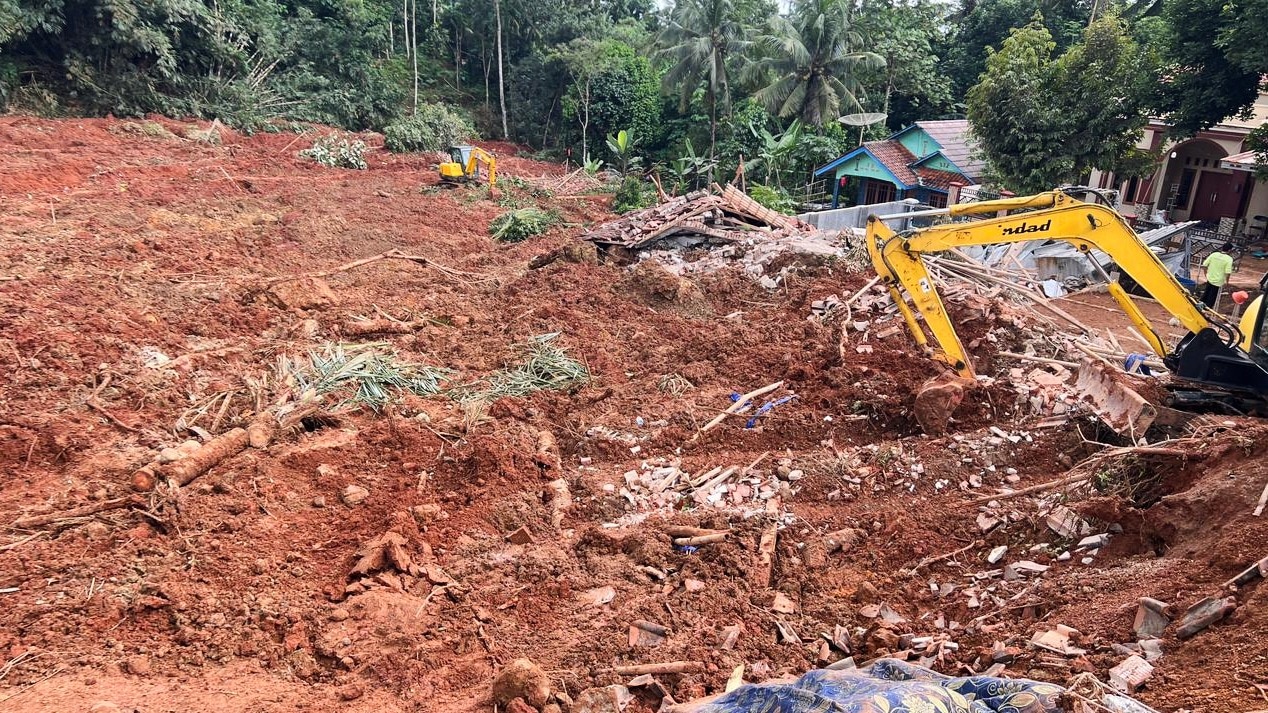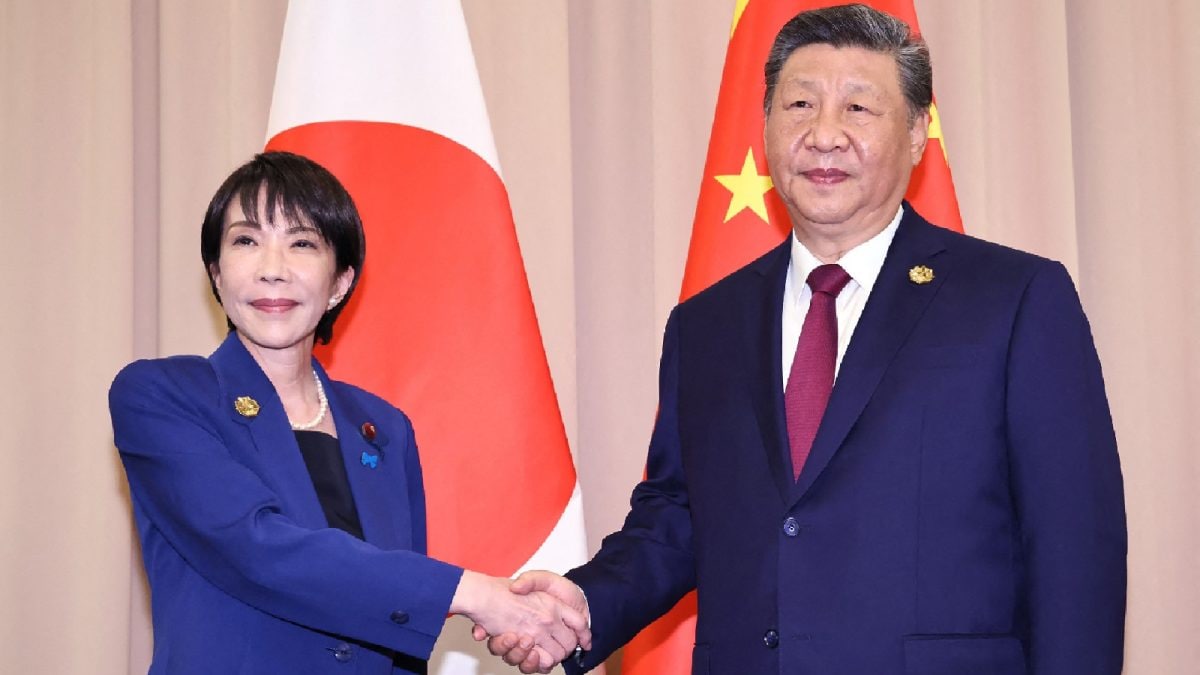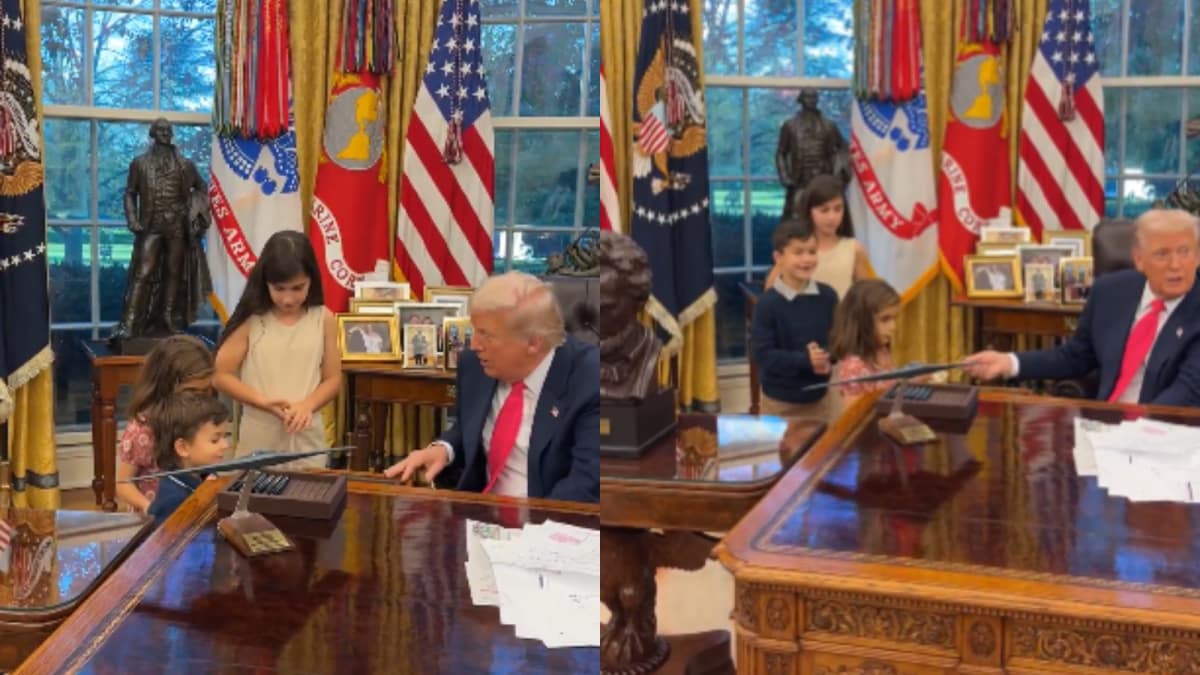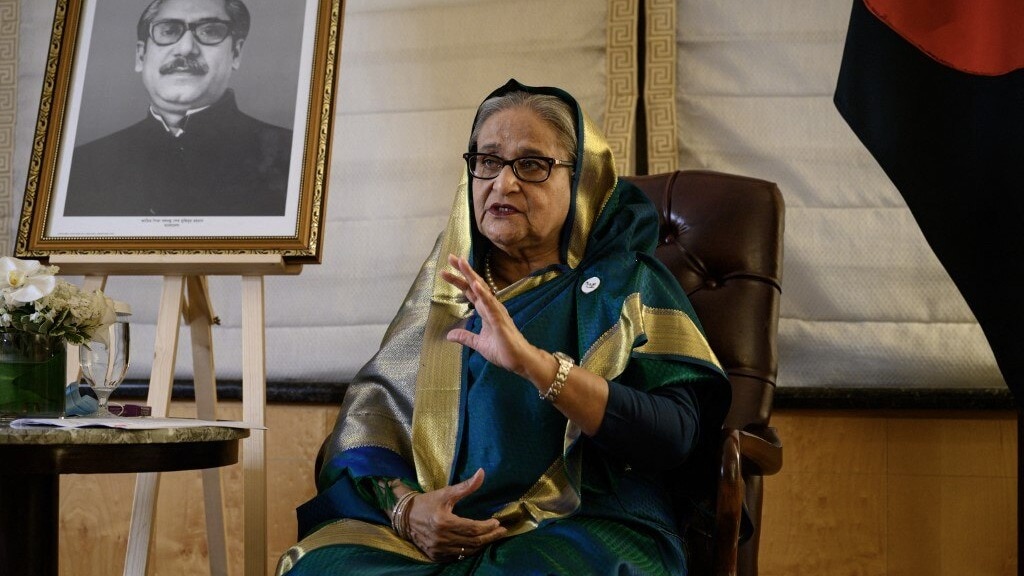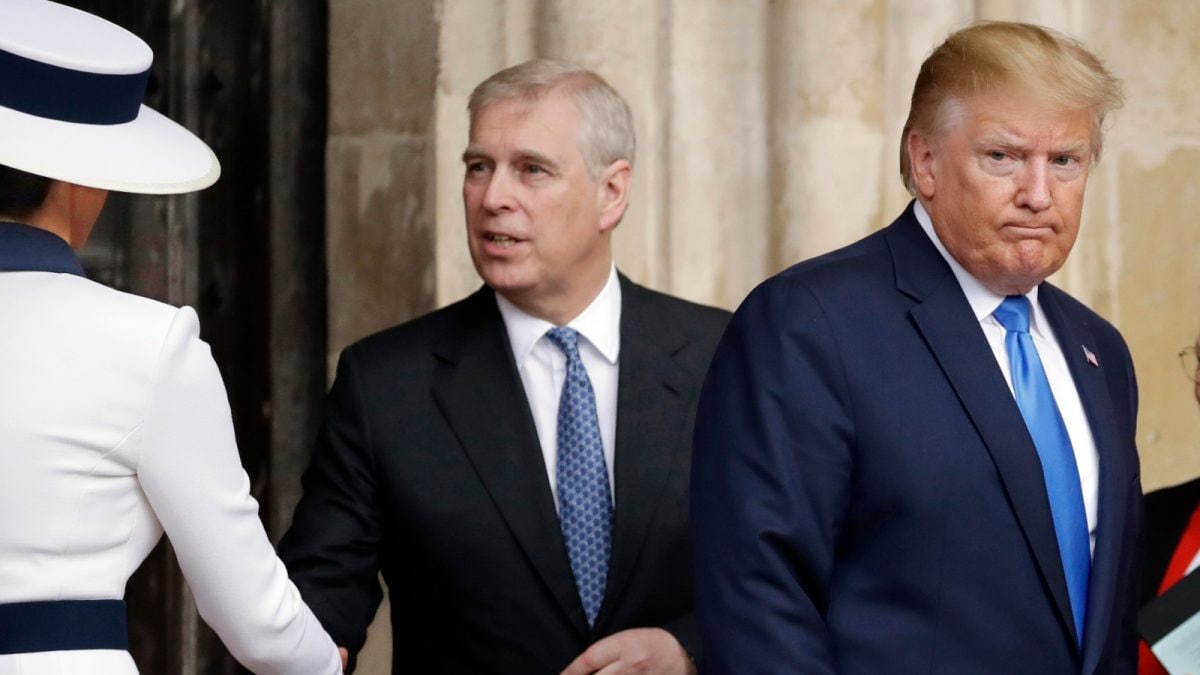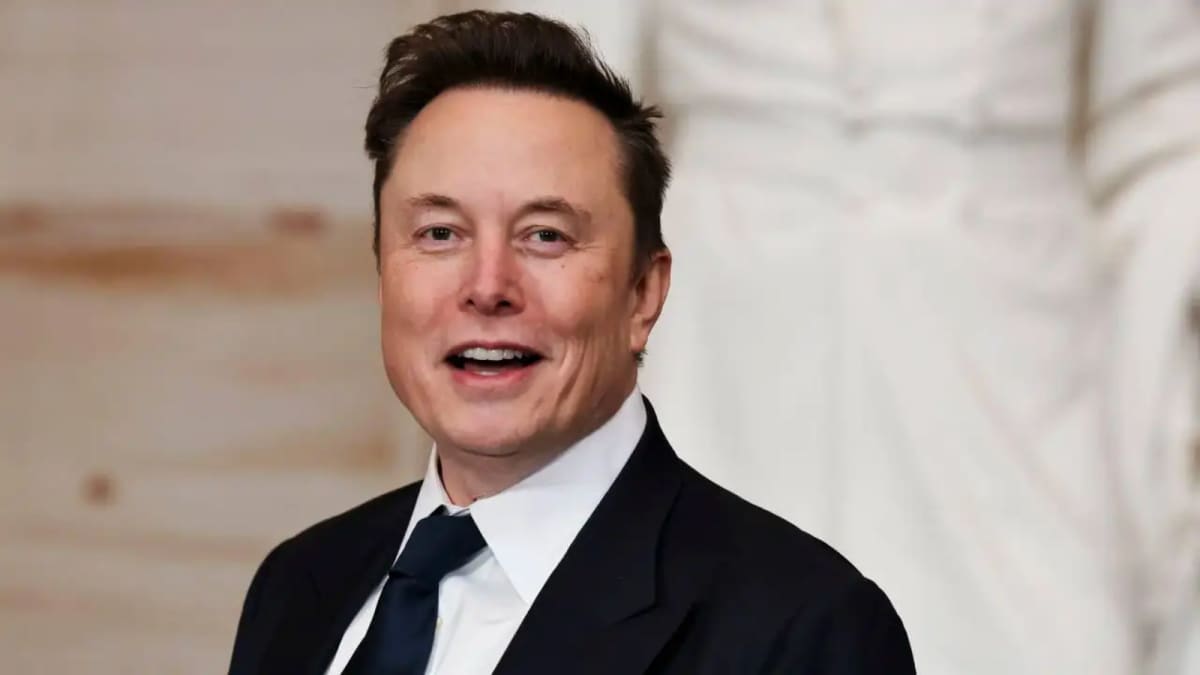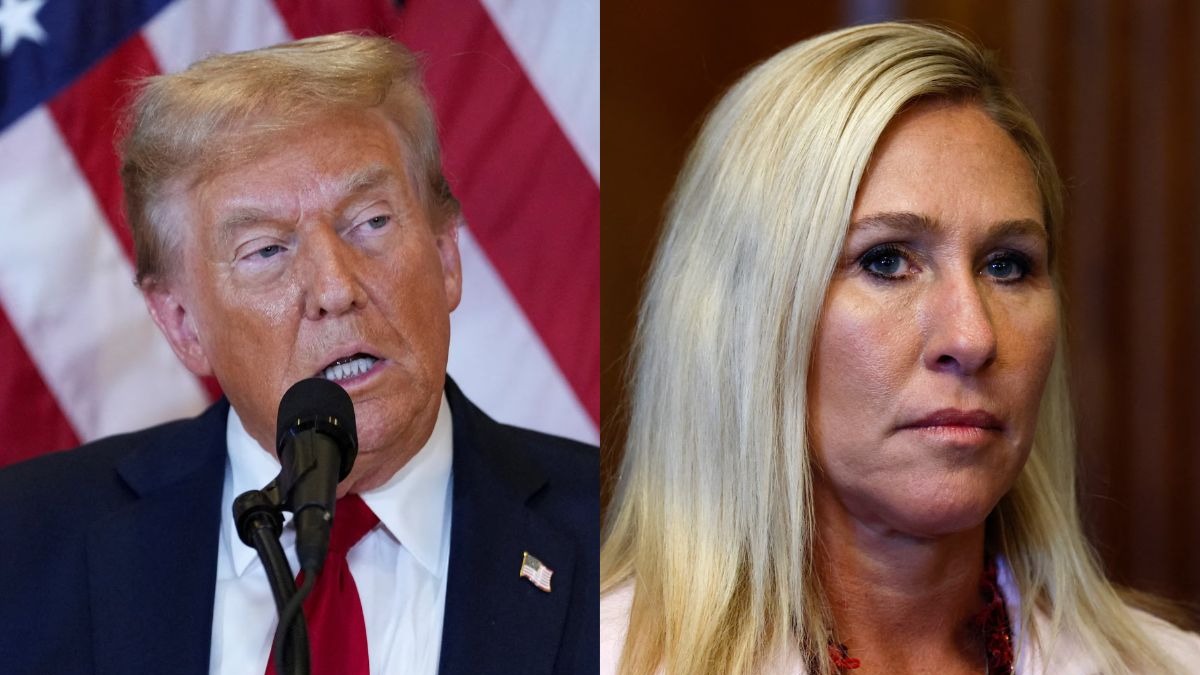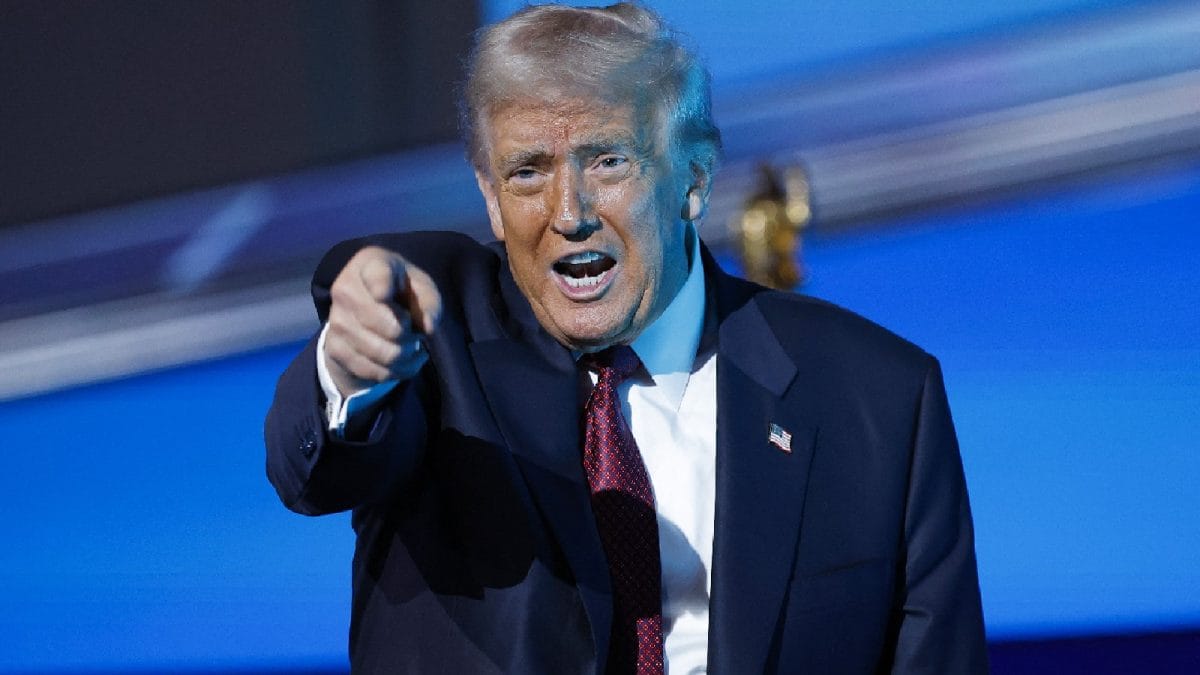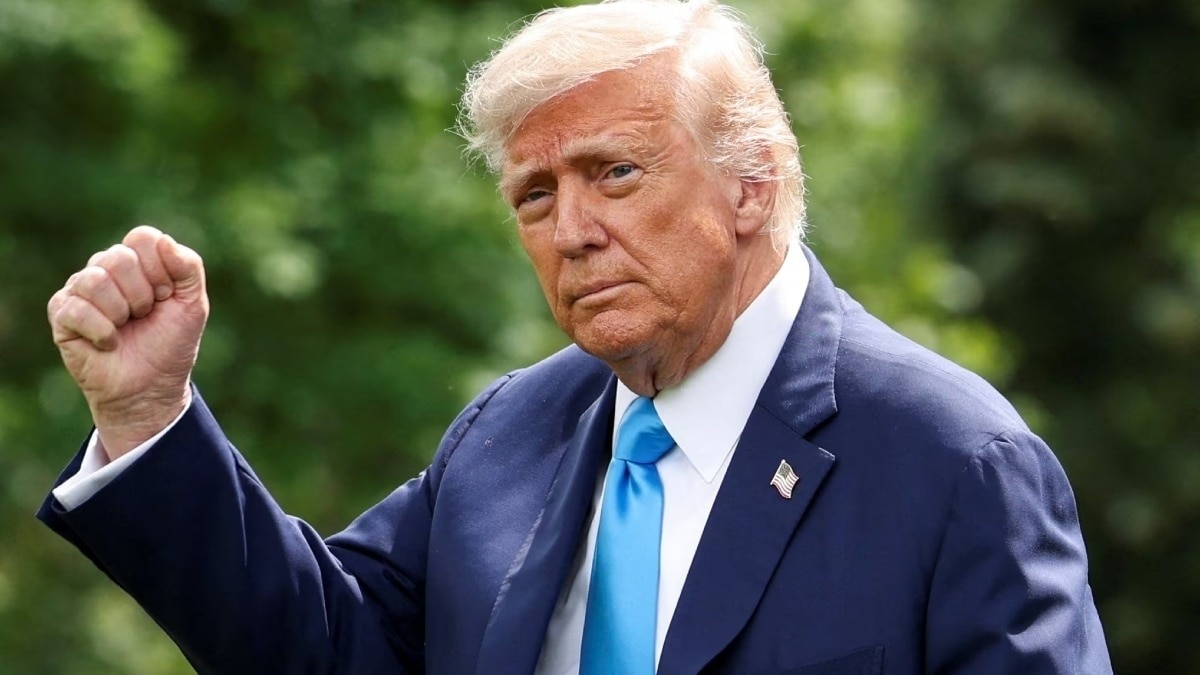In a dramatic shift reshaping the geopolitics of West Asia, Saudi Arabia and Pakistan have inked a defence pact that could alter the region’s fragile balance of power. The agreement, announced in the immediate aftermath of Israeli strikes on Doha, marks not just a deepening of Riyadh–Islamabad ties but also the introduction of a nuclear dimension into Gulf security for the very first time. For Saudi Arabia, long dependent on the United States for its defence umbrella, the move signals a bold diversification of security partnerships. For Pakistan, the pact is nothing short of transformative—elevating its role from a transactional provider of military personnel and training to a treaty-level security guarantor for one of the most powerful states in the Islamic world.
At a time when Washington’s reliability as a security partner is under growing scrutiny, Riyadh’s outreach to Pakistan—and by extension its nuclear capabilities—has raised questions in New Delhi, Tel Aviv, and beyond.
Could this pact embolden Pakistan in its regional positioning? Will it complicate India’s security calculus, especially under New Delhi’s doctrine equating terrorism with war? And does this reflect a broader Gulf realignment away from America’s orbit, or simply a hedging strategy to safeguard its own vulnerabilities?
To answer these questions, India Today Global sat down with Dr Ausaf Sayeed, former Indian Ambassador to Saudi Arabia. In this wide-ranging conversation, Dr. Sayeed offers rare insights into the motivations behind the pact, its timing, the personal equations at play, and what it means for India at a moment of profound uncertainty in West Asia’s security landscape.
Q: Let’s begin with the pact itself. How do you interpret this pact, and in your view, what stands out as the most startling or significant aspect of it?
A: See, Geeta, as you know, there has been a longstanding relationship between Saudi Arabia and Pakistan when it comes to military and defense cooperation. This relationship goes back several decades, particularly in the 1970s and 1980s, when Pakistan actually had soldiers’ boots on the ground in multiple conflicts, such as the Gulf War and, more recently, in Yemen.
Having said that, this development is not as sudden as it might appear. It has been in the works for quite some time. However, the timing is very significant. What seems to have triggered it are the recent Israeli air strikes in Doha, which have raised doubts in the minds of Middle Eastern countries- particularly Saudi Arabia- about the reliability of their security dependence on the U.S. This is the backdrop.
As a result, Saudi Arabia and others must have felt compelled to think in terms of a joint deterrence. Now, of course, the GCC already has a framework for joint cooperation, but they lack the military capabilities to effectively deter either Israel or Iran. This is precisely where Pakistan has stepped in.
For Pakistan, this pact is a major boost in its defense cooperation with Middle Eastern countries, especially Saudi Arabia. It elevates the relationship beyond a transactional arrangement—where Pakistan was previously providing small arms, training, capacity building, and perhaps deploying 1,500–1,600 personnel- to something much larger. Now, the partnership has moved to the level of a treaty-based security framework.
What makes this pact particularly significant is that, for the first time, a nuclear dimension has been added to Gulf security. This aspect needs to be carefully viewed in terms of its impact on regional stability. While it may serve as a deterrent against both Israel and Iran, it is also clearly aimed at stabilizing the Arabian Peninsula.
Q. There have been many reports in the past suggesting that Israel does possess nuclear weapons, even tactical nuclear weapons. In such a scenario, with Israel now attacking and violating the sovereignty of countries like Qatar, how does the nuclear dimension work with Pakistan being added into the picture?
A: I think, firstly, this is more about optics- sending a signal to Israel and also conveying a message to the U.S. that Gulf countries, as strategic partners, should not be taken for granted. The fact that Israeli attacks on Qatar occurred so close to the U.S.’s biggest base in the region, and with suspicions of U.S. complicity circulating, may have compelled the Saudis to reach out to Pakistan. And there is nothing more potent than reaching out to a nuclear power, because that in itself acts as a deterrent.
Pakistan must have assured Saudi Arabia of a kind of nuclear umbrella, potentially extendable to other countries as well. If you look at the past week alone, Pakistan’s prime minister made three significant visits to the region- two to Qatar, one immediately after the attack and another to participate in the emergency meeting- and now he is leading a high-level delegation to Saudi Arabia.
Q: So, Dr. Sayeed, this is not a pact that could have been finalized overnight. The timing of the conclusion of the pact is quite interesting, but it is also clear that it must have been in the works for some time. While the agreement plays out well for Saudi Arabia at a moment when Gulf countries are under attack, it also plays well for Pakistan. It allows Pakistan to demonstrate that, should it ever come under attack, it has a country like Saudi Arabia that will now be compelled to step in.
A: Yes, you know, Pakistan is clearly positioning itself as a security provider for Muslim countries. It has been putting forward ideas such as a “Muslim NATO,” and similar suggestions have come up in the past. I am not sure how practical these suggestions would be on the ground, but the fact remains that Pakistan has now found an opportunity to make inroads and project itself as a net security provider in this very vital region. This is also a region of great significance to India, and that is a matter of concern for us- it should not be taken lightly.
When we consider the impact on India, Saudi Arabia has given reassurances that this pact will not affect its ongoing cooperation with India in areas like counterterrorism and security. However, the agreement still introduces an unexpected new element into the equation, and we need to take stock of how this development should be tackled.
Q: Zooming out a little, Dr. Sayeed, during Operation Sindoor and in its aftermath, there was a lot of optics both from the Indian and Pakistani sides. At that time, many observers argued that Pakistan appeared isolated in this conflict. But with what we are seeing now, Pakistan does not seem isolated at all. In fact, the timing appears to be quite significant for Pakistan to present itself as a reliable ally to key countries in the region.
A: Yes, absolutely. If you recall, a few years back there were strains in the relationship between Pakistan and Saudi Arabia when Pakistan, along with a few other countries, attempted to organise a conference in Malaysia. But that was some time ago, and since then there have been several high-level visits- particularly when Imran Khan was Prime Minister- and matters were eventually smoothed over.
Now, the important development here is that Pakistan’s role in the region has been significantly elevated. Pakistan could now expect Saudi Arabia to make substantial investments in its defence sector, with speculation suggesting figures in the range of $10 to $15 billion.
This could potentially include joint manufacturing and other areas of cooperation. The formalisation of a Riyadh–Islamabad defence pact at a treaty level has effectively created a new axis in the GCC security framework, in which Pakistan is positioned to play a critical role.
For Saudi Arabia, which sees itself as the legitimate voice of the Ummah and custodian of the two holy mosques, joining hands with Pakistan at this elevated level also sends signals to other West Asian countries that Pakistan can be viewed as a credible defence partner.
However, I must point out one area of ambiguity in this defence agreement- the definitions of aggression and triggers. Will the pact be limited only to state-to-state aggressions, such as what we recently witnessed between Israel and Qatar? Or could Pakistan attempt to leverage the agreement and reinterpret it in other contexts, such as cross-border terrorism, which is a matter of deep concern for India?
Q: Now, under the Indian government’s new policy- or dictum- that an act of terror is considered an act of war, does India now have to provide proof to these countries to demonstrate where the perpetrators came from, giving exact details, before attempting to launch strikes on terror installations in Pakistan? Is it the case that sufficient, credible proof- proof acceptable to the other parties- will be required before India can actually take action, unlike during Operation Sindoor, when India went in directly?
A: You see, during Operation Sindoor, of course, we did send delegations to various countries, including Gulf countries, to explain our position and convey our concerns. But the fact remains that none of these countries explicitly condemned Pakistan. They condemned terrorism in general, but they stopped short of naming Pakistan.
Now, regarding the wording in this defence pact- that an attack on one country is deemed an attack on the other- we need to see how this translates if India were to carry out another response, like Operation Sindoor, in retaliation to cross-border terrorism. That said, I would stress that Saudi Arabia will certainly continue to maintain strong ties with India, which we have carefully nurtured. We have had robust counterterrorism and security dialogues with them since 2016 onwards.
Our cooperation is comprehensive: we have a security dialogue, a joint working group on counterterrorism, naval cooperation, energy ties, diaspora links, and investments. So, while this new Saudi-Pakistani pact complicates matters, I don’t think it will dilute Saudi Arabia’s engagement with India. However, it does add pressure because Pakistan is now positioned as a more important player in the region.
This means that if there are cross-border incidents involving terrorism and we blame Pakistan’s complicity, we will- as you rightly said- need stronger, more irrefutable proof to convince Gulf countries. Otherwise, the Saudi-Pakistani defence pact can still coexist with GCC–India cooperation and India–Saudi relations.
I also don’t expect Saudi Arabia to ease its stance against non-state actors targeting either India or itself, given that the kingdom has also been a victim of terrorism. But India must act cautiously. If a Pulwama-like situation were to arise again, I believe Saudi Arabia would play the role of crisis manager or mediator, not a co-belligerent acting against Indian interests.
So, the key question is: what should India do? In my view, India must maintain high-level strategic dialogue with Riyadh, engage them on the ambiguities of this defence agreement, and ensure our counterterrorism cooperation is further deepened. Expanding maritime cooperation with the GCC is also vital.
The bottom line is that while the pact strengthens the Riyadh–Islamabad alignment and seeks to deter external threats, it is not necessarily a tilt against India. It is more of a hedging strategy directed at Israel and perhaps the United States. But for India, the pressure is now greater. If another cross-border terror incident occurs, we will need to act more decisively and present stronger evidence against Pakistan than we did during Operation Sindoor.
Q: You just mentioned the United States of America. Now, there is clear distrust and mistrust because of the statements that came out after the attack on Qatar and also what Senator Marco Rubio said while on Israeli soil. It seems the Gulf countries cannot fully trust the U.S. for their security anymore. But on the other hand, can Saudi Arabia realistically go ahead with this defence pact with Pakistan without America’s approval? I ask you this specifically because you have served in Saudi Arabia and you know how the country functions.
A: I think it would be nave to assume that Saudi Arabia would completely disconnect its relations with the U.S. They will continue to be heavily dependent on Washington because of American military capabilities and the historical involvement that has underpinned Gulf security for decades. However, at the same time, the Saudis now have an alternative- they are no longer entirely reliant on the U.S.
If you recall, the idea of “hedging” has been present for some time in the Middle East. Many countries in the region have been searching for alternative security partners because of the oscillatory nature of U.S. military diplomacy. It has become increasingly evident that U.S. priorities are shifting toward the Indo-Pacific rather than the Middle East. A telling example was the Houthi attack on the Aramco facilities. At that time, the U.S. explicitly told the Saudis that it could not engage in someone else’s war- and even implied that Riyadh might have to foot the bill. The support extended was half-hearted at best.
That was a major shock for Saudi Arabia. Since then, they began exploring alternative mechanisms- still maintaining ties with the U.S., but also reaching out to others. For instance, they approached Asian powers like China. But as you know, China typically avoids direct military conflicts.
While Beijing has strengthened economic, cultural, and investment ties in the GCC and West Asia, its role has been largely political mediation. The best examples are China’s facilitation of the rapprochement between Saudi Arabia and Iran, and more recently, hosting a conference of various Palestinian factions. Beyond that, however, Beijing is unlikely to go further. At most, it can provide some equipment or training- similar to what Pakistan and India already do- but it will not put itself in a position of direct confrontation with the U.S.
So, this is the reality. Saudi Arabia will continue to rely on the U.S. for core security, while at the same time keeping its doors open to other possibilities and partnerships.
Q: Do you think the impetus for this pact really comes from the personal relationship that the Sharifs share with the Saudi royal family?
A: To some extent, yes. The families have known each other for a long time. When Nawaz Sharif was in exile, he spent considerable time in Saudi Arabia, mainly in Medina, and remained in close proximity to the royal family. That history certainly plays a role. But I wouldn’t consider it the main factor driving this pact.
At the end of the day, Pakistan has long been a very important military and defence partner for Saudi Arabia. This defence pact has likely been under discussion for several years. What has accelerated matters now is the trigger of the Israel-Hamas conflict reaching the GCC’s doorstep. That situation put everyone in a state of urgency, prompting them to finalize and announce the pact. And the timing—just days after that incident—is highly significant.
- Ends
Published By:
indiatodayglobal
Published On:
Sep 19, 2025

 1 month ago
1 month ago
